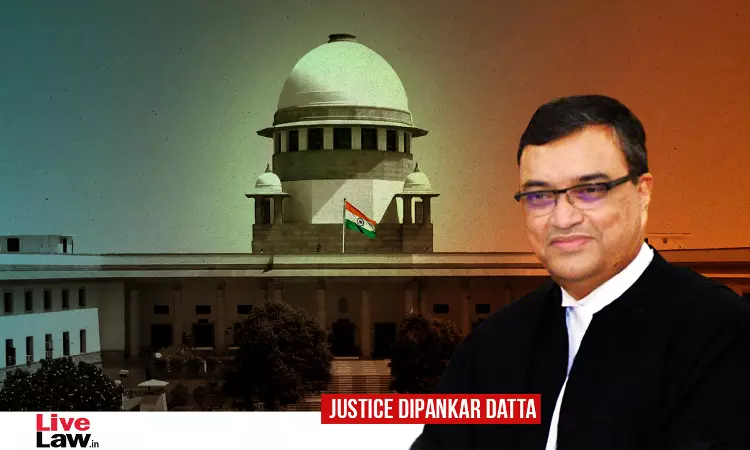Legal Stalwarts Who Shaped Indian Constitutional Jurisprudence : Justice Dipankar Datta Discusses
Suraj Kumar
9 July 2023 10:00 AM IST

Next Story
9 July 2023 10:00 AM IST
Speaking at the 3rd Justice HR Khanna symposium, Supreme Court judge Justice Dipankar Datta paid tribute to legal stalwarts who have made significant contributions to the judiciary and enriched India's jurisprudence, ultimately ensuring the guarantee of liberty for the common man.Justice Dutta began by highlighting the eminent figure of Justice HR Khanna, emphasizing his unwavering commitment...
